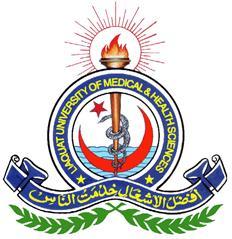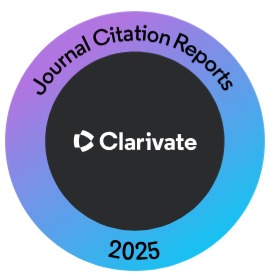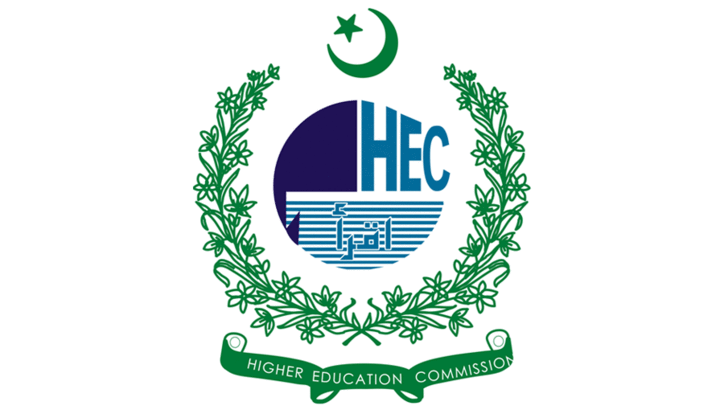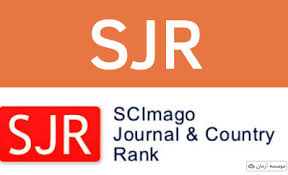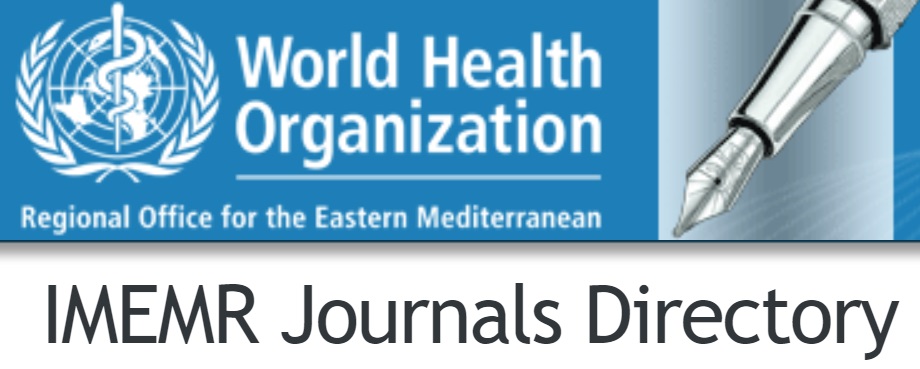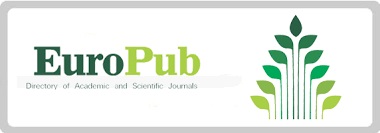Psychosocial Determinates of Cognitive Functioning in Older Adults
Abstract
OBJECTIVE: To examine the predictors of cognitive functioning in older adults of Pakistan.
METHODOLOGY: A community-based sample of 243 men and women (age range of 50-75) was drawn through convenient sampling by employing a specific inclusion and exclusion criteria from different cities of Punjab province of Pakistan. We employed the co-relational research design. A set of questionnaires to capture the study variables was administered individually after taking into account the ethical considerations. Data was collected from January 2017 to November 2018.
RESULTS: Data was analyzed through Statistical Package for Social Sciences version - 20 (SPSS). It depicted that cognitive functioning is positively associated with education, personality traits of agreeableness, consciousness, and openness, social network of friends and social activity while negative associations were found betweengender, age, neuroticism with cognitive functioning. Regression analysis further showed that age, education, conscientiousness and social activity predict cognitive functioning.
CONCLUSION: Age, education, possessing conscientiousness personality trait and more social activities are found as determinates of cognitive functioning in older adults. Implications of these results are further discussed.
KEY WORDS: Personality, Social engagement, Social activities, Cognitive functioning.
Downloads
Published
How to Cite
Issue
Section
License
Submission of a manuscript to the journal implies that all authors have read and agreed to the content of the undertaking form or the Terms and Conditions.
When an article is accepted for publication, the author(s) retain the copyright and are required to grant the publisher the right of first publication and other non-exclusive publishing rights to JLUMHS.
Articles published in the Journal of Liaquat University of Medical & health sciences are open access articles under a Creative Commons Attribution-Noncommercial - Share Alike 4.0 License. This license permits use, distribution and reproduction in any medium; provided the original work is properly cited and initial publication in this journal. This is in accordance with the BOAI definition of open access. In addition to that users are allowed to remix, tweak and build upon the work non-commercially as long as appropriate credit is given and the new creations are licensed under the identical terms. Or, in certain cases it can be stated that all articles and content there in are published under creative commons license unless stated otherwise.


